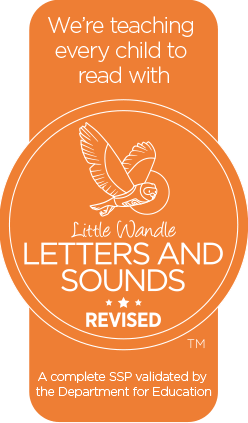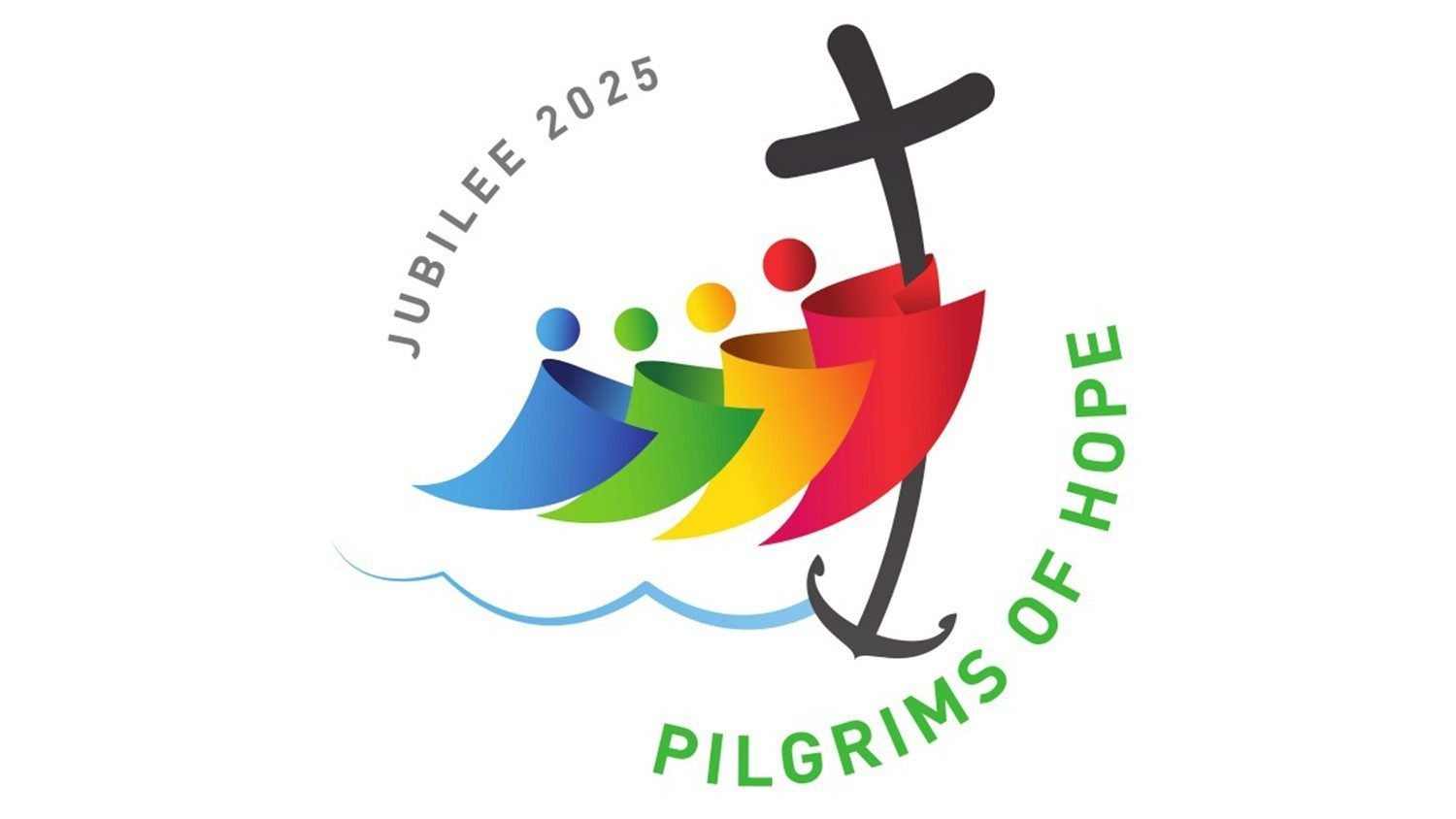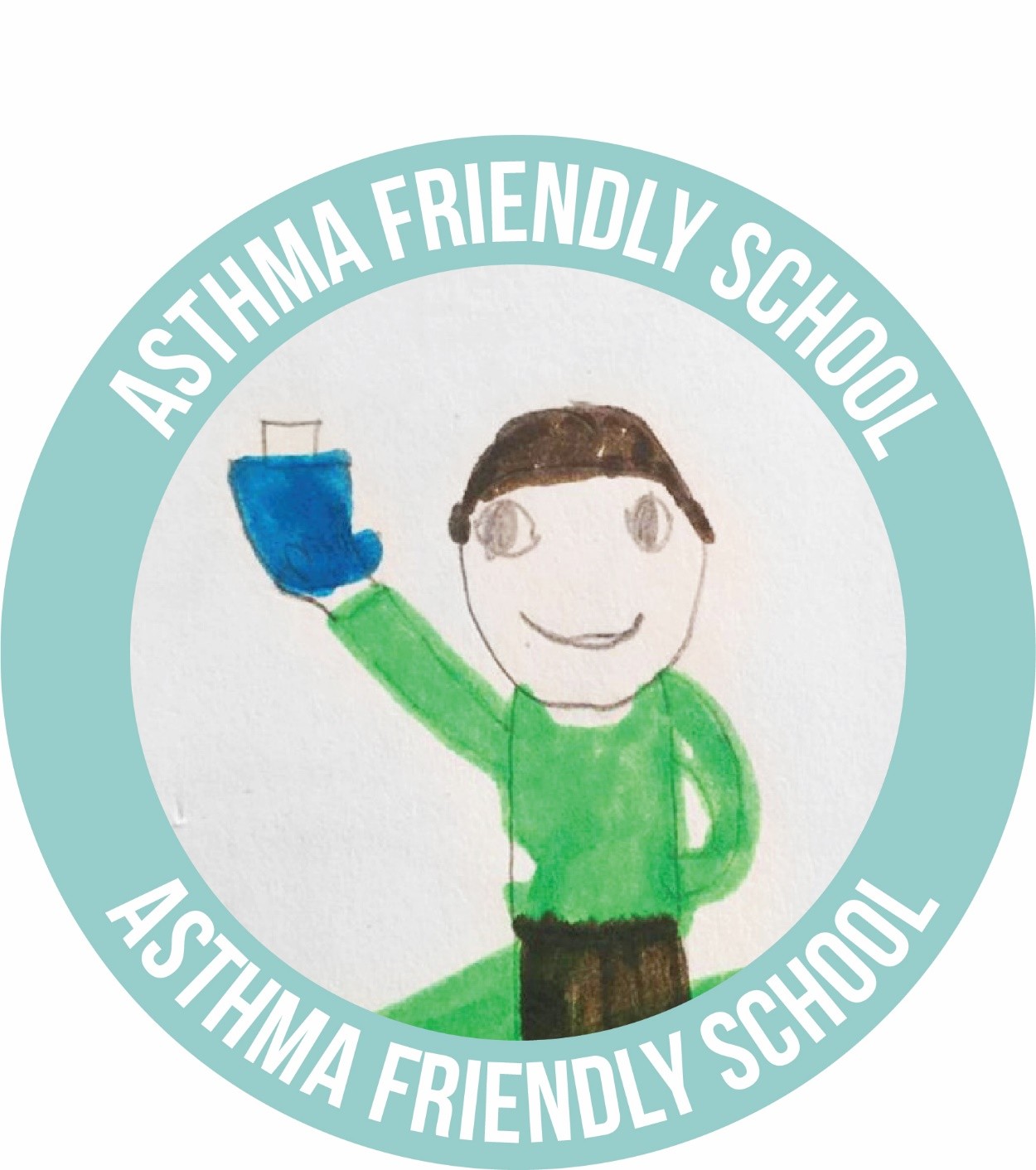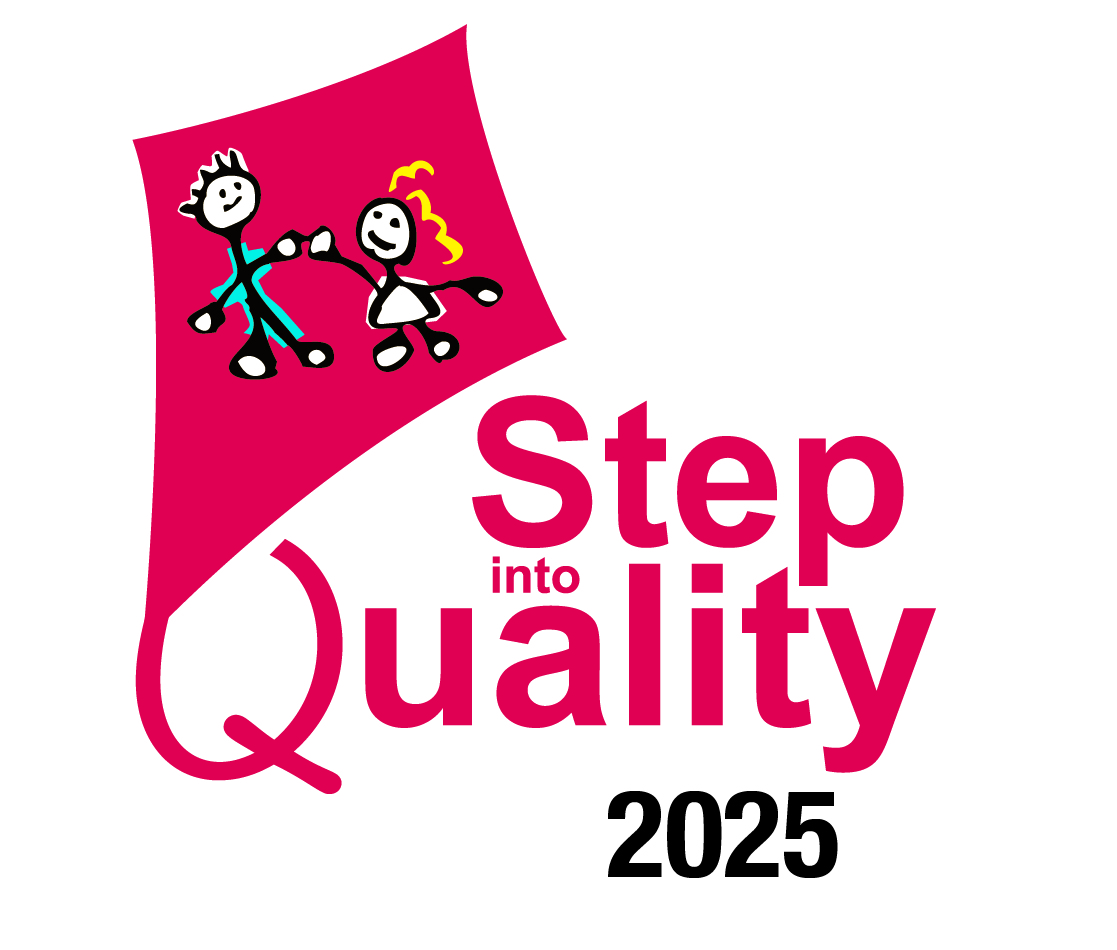
St. Edmund’s Catholic Primary School
PSHCE and RSE Intent Document
At St Edmund’s Catholic Primary School, our PSHCE curriculum intent is to deliver a curriculum which provides our children with knowledge, skills and understanding which enables them to make positive decisions when navigating the changing world. We are preparing our young people for their role in society so that they become healthy, independent and responsible members. We encourage our pupils to play a positive role in contributing to the life of the school and the wider community. In so doing we help develop their sense of self-worth. We teach them how society is organised and governed. We ensure that they experience the process of democracy in school through the school council. We teach them about rights and responsibilities. They learn to appreciate what it means to be a positive member of a diverse multicultural society.
The aims of personal, social and health education and citizenship through progress of learning are to enable the children to:
- know and understand what constitutes a healthy lifestyle;
- be aware of safety issues including safeguarding challenges such as online safety;
- understand what makes for good relationships with others;
- have respect for others;
- be independent and responsible members of the school community;
- be positive and active members of a democratic society;
- develop self-confidence and self-esteem, and make informed choices regarding personal and social issues;
- develop good relationships with other members of the school and the wider community;
We want our children to live positive and meaningful lives when they become adults.
Implementation
Our PSHCE curriculum has many strands such as:
- Behaviour Curriculum
- Catholic Social Teaching
- Journey in Love (RSE Curriculum)
- No Outsiders (Equality Curriculum)
- PSHE (including First Aid and Financial teaching)
The strands are bought together and taught through:
- Understanding the life of Jesus and his teachings
- Whole school assemblies
- Class collective worships
- Whole class and year group lessons
- Celebration of awareness day eg Anti-bullying Day, Refugee Day
- Whole School Charity Events eg raising money for CAFOD
- Whole School Events eg St. Edmund’s Day
- School Council Elections and Meetings
We use a range of teaching and learning styles. We place an emphasis on active learning by including the children in discussions, investigations and problem-solving activities. We organise classes in such a way that pupils are able to participate in discussion to resolve conflicts or set agreed classroom rules of behaviour. We offer children the opportunity to hear visiting speakers, such as health workers, police, and representatives from the local church, whom we invite into the school to talk about their role in creating a positive and supportive local community.
When appropriate we introduce PSHE and Citizenship through other subjects, e.g. when teaching about local environmental issues in geography, we offer pupils the opportunity to complete field work which results in them being aware of what impacts the local environment, from their findings, they are encouraged to write letters to the local MP or discussing the Catholic teachings of love in RE, children are reminded of why it is important to respect and love others.
We teach PSHE and citizenship in Nursery and Reception classes as an integral part of the topic work covered during the year. As the reception class is part of the Foundation Stage, we relate the PSHE and Citizenship aspects of the children's work to the objectives set out in the Early Learning Goals (ELGs). Our teaching in PSHE and Citizenship matches the aim of developing a child's personal, emotional and social development as set out in the ELGs. We also support citizenship education in reception classes when we teach 'how to develop a child's knowledge and understanding of the world'.
We teach PSHE and Citizenship to all children, regardless of their ability. Our teachers provide learning opportunities matched to the individual needs of children with learning challenges. When teaching PSHE and Citizenship we take into account the targets set for the children in their Individual Education Plans (IEPs).
Impact
Our PSHCE curriculum offers high quality and well-planned lessons, which encourage progression. Key vocabulary is embedded in each lesson. Continuity and progression in the curriculum is built around the required knowledge, skills and understanding of PSHCE. These are broken into year group expectations.
In order to ensure our aims have been met, we scrutinise learning through:
- Assessing children’s understanding of the topic including linked vocabulary before and after the unit is taught. – Prior and Post learning activity.
- Talking to children during the lesson to ensure they have understood the learning objective – Assessment for learning.
- Mark completed work – Assessment for learning
The above enables the teacher to make an informed judgement on the children’s understanding and record their understanding on the school tracking tool ‘itrack’.









